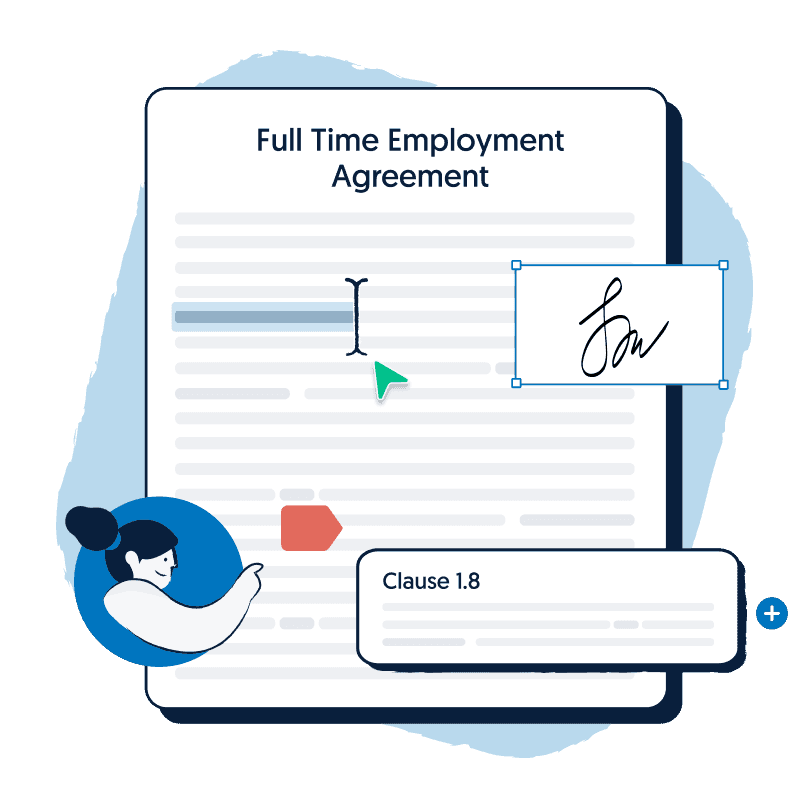Sydney-based lawyer, specialising in corporate operations. Formerly Legal Intern at Lawpath.
So, your employee has just resigned for your personal training business. You want to prevent your client from ending their contractual relationship at your business to start one with former employees. From your own research, you have read about a non-solicitation clause. You are unsure of how this works and its legal effect on you or the former employee. This article will tell you how non-solicitation clauses work and what are the legal effects of this clause.
What are Non – Solicitation Clauses?
Non-solicitation clauses are provisions precluding existing and former employees from ‘soliciting’ or ‘persuading’ your customers, employees or suppliers. However, non-solicitation clauses work to prevent solicitation of customers, employees or suppliers which your business has had direct business agreements. Typically, non direct dealings would mean personal contact or a meaningful interaction with the parties. This means that it does not apply to suppliers or customers that do not have legal agreements with you. The Australian Business Government website will be useful in providing further information.
What do ‘Solicit’ or ‘Persuading’ mean?
It is crucial that you understand the meaning of ‘solicit’ or ‘persuading’ customers, supplies or employees prior to drafting the provision. In brief, to solicit or persuade in this context means to poach current and former clients or customers to end their business relation with your business or disclose confidential information to other competitors.
How do Non – Solicitation Clauses work?
Before the employee commences his or her work at your business, you will need to draft an employment agreement containing the non – solicitation clause. Generally, non-solicitation clauses consist of the scope of restricted conduct, geographic reach of the conduct and length of time which the conduct will be restricted. Many restrictive clauses are legally unenforceable due to its inability to be narrow in breadth of its operation. You should consult a lawyer to draft an employment agreement. But as an employer you are able to draft a non-solicitation clause as apart of a termination letter. You will need to be aware that non-solicitation clauses will not be legally enforceable unless it is considered crucial to the operations of the business.

Get your Full Time Employment Agreement legal document for free.
Example
You are a business who wishes to provide relaxation and remedial massages for your clients. You want to ensure that all your employees do not take your client base from your business to a direct competitor to your business. In this instance, you will need to insert a non-solicitation clause which must state that your employees, whilst under employment and for a set period of time after termination, will not persuade clients to end their business relationship with you.
Final Thoughts
In conclusion, non-solicitation clauses act as insurance for your business to maintain its relationship with customers and suppliers. If this clause has been broken, you will need to take legal action. Therefore, drafting a non-solicitation clause will be beneficial to the long-term growth and client retention of your business.

Get a fixed-fee quote from Australia's largest lawyer marketplace.






